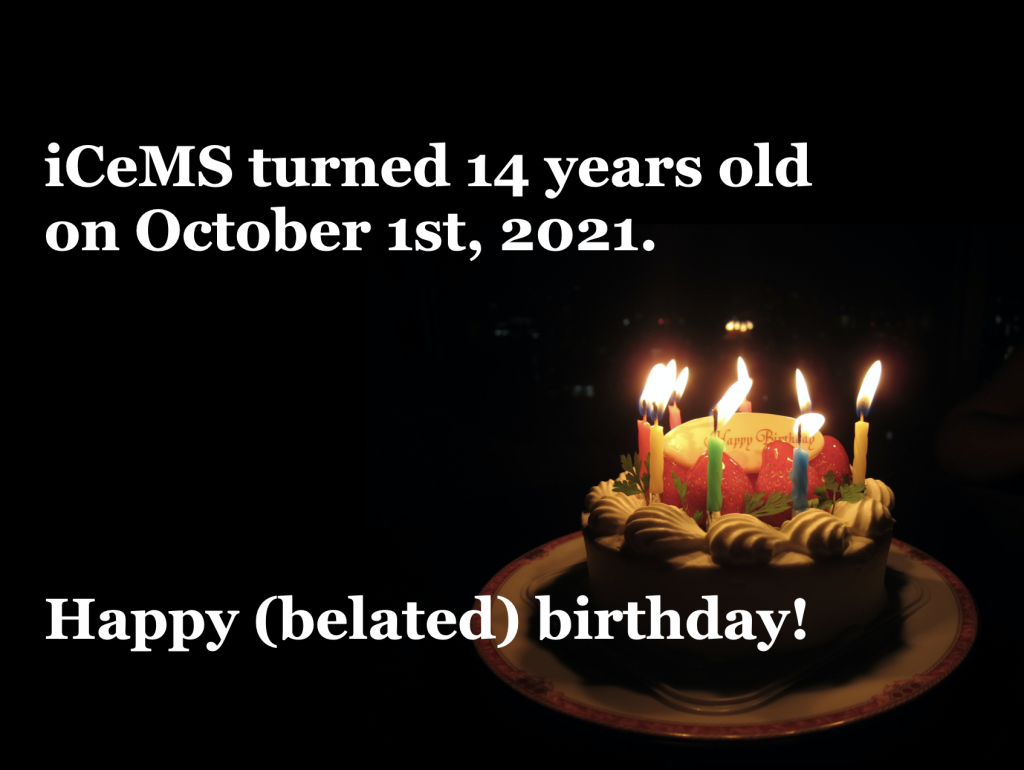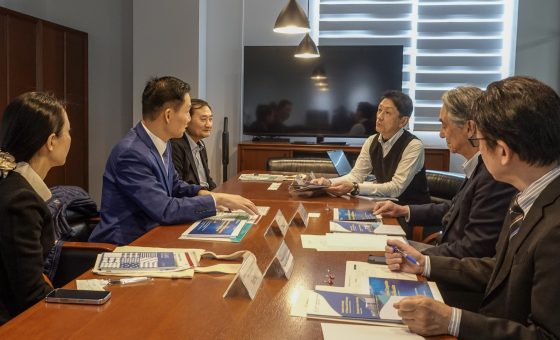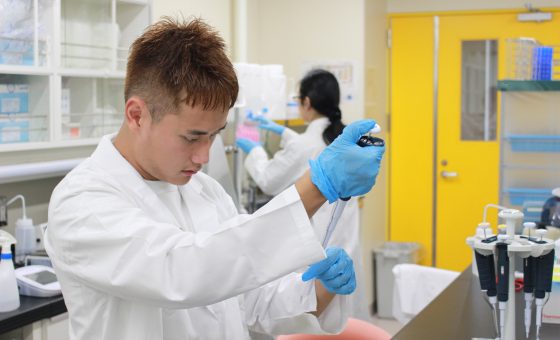iCeMS Crossing Six – iCeMS anniversary, persistence and bringing research to application

On October 15, iCeMS held its sixth installment of its online retreat series with 130 participants. Aiko Fukazawa began the event by introducing Director Susumu Kitagawa who made a special presentation commemorating iCeMS 14th anniversary. iCeMS was founded on October 1st, 2007. Kitagawa showed photos of the opening ceremony and past retreats.
Fukazawa followed up with a rundown of the winners of last months’ quiz. Over half the teams answered all the answers correctly, so the winners were chosen by submission time, and even that was close with the top three teams coming in under two minutes.
This month’s Research Highlights featured Dr Masae Ohno of the Taniguchi Group. Ohno recounted the experience of researching and publishing her work on nucleosome-level 3D organization of a yeast genome. The research was done using Hi-CO, short for high-throughput chromosome conformation capture with nucleosome orientation, a technique developed for the study which builds on existing Hi-C technology by significantly improving resolution so that simulations show the 3D positions and orientations of every nucleosome analysed in a sample. Ohno relayed the importance of patience and persistence. It took three years to develop the research protocols, three years to develop the simulation programs, and an additional three years of revision and resubmission along with Taniguchi’s encouragement to not give up to get the research published.
This month’s group introductions were both done by the group’s leaders. Prof Kazuki Nakanishi opened for the Nakanishi Group. Nakanishi has a dual appointment at iCeMS and at Nagoya University’s Institute of Materials and Systems for Sustainability (IMaSS). His group studies sol-gel science. The sol-gel process involves the formation of an inorganic colloidal solution and controlling the conditions so that the particles come together to form a coherent gel network. Nakanishi, who specializes in hierarchically porous monoliths and aerogels, encouraged young researchers to transfer their science to technology.
Next up, Prof Motonari Uesugi hosted an online interactive game show host for his light-hearted segment. The quiz tested participants' knowledge about iCeMS and the Uesugi Group. The chemical biology focused group aims to discover or design unique organic molecules. Using their impressive chemical library, they hope to create 'super tools', bioactive synthetic molecules that modulate fundamental processes in human cells for use in the fight against disease.
This month’s on-site Lab introduction was led by Prof Shuhei Furukawa and Alexander Legrand.
Based in Lyon, France, the Small Molecule Lab (SMOLAB) began in 2019, in partnership with the National Chemical Engineering Institute in Paris (CNRS), Claude Bernard University Lyon, Paris Sciences & Lettres Research University, and Air Liquide SA. The SMOLAB focuses on development and application of porous coordination polymers (PCPs). It also serves to strengthen ties between Kyoto University and French research institutes.
The event closed with another first. Participants were offered the option to network face-to-face in small four person groups. Whether online or in person, teams again combined talents to complete a series of puzzles. The next iCeMS Crossing will be held Friday, November 19.







